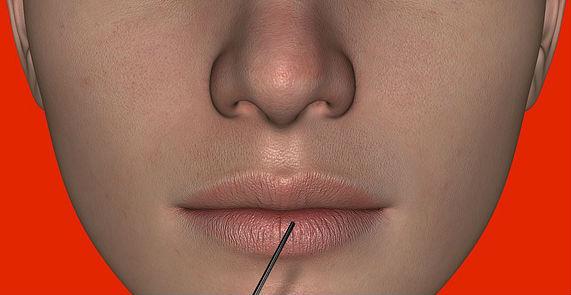Data Supports Advancement of Botox as Depression Treatment
Allergan plc, a global pharmaceutical company announced topline data from a phase II study with major depressive disorder (MDD). The study evaluated the efficacy, safety and tolerability of a single administration of 2 different doses of Botox (30 units or 50 units) relative to placebo in adult females with MDD over duration of up to 24 weeks.
The Botox 30 U dose demonstrated numerically superior efficacy in MADRS total score compared to placebo. The treatment (LS mean) difference for 30 U was -4.2 at 3 weeks (p- value 0.005); -3.7 at week 6 (p-value 0.053) and -3.6 at week 9 (p-value 0.049).
The primary end point was at week 6. The 50 U did not demonstrate superior efficacy over placebo (LS mean difference was 1.3). Both secondary efficacy variables (CGI-S and HAMD-17) showed numerically superior efficacy over placebo and trended in the same direction as the primary efficacy variable for 30 U, but not for 50 U. Both 30 U and 50 U were well tolerated.
“We are encouraged by these data and the potential impact on adults with major depressive disorder. Given our in-depth and extensive clinical trial experience in CNS including depression, we plan to move forward and develop a phase III program for a potential new treatment option for patients,” said David Nicholson, Chief Research and Development Officer, Allergan.
The study was a proof of concept phase II, multi-center, randomized, double-blind, placebo-controlled, 2-dose cohort parallel group, single treatment study in adults females with moderate to severe Major Depressive Disorder (MDD).
A total of 258 patients (with a minimum total score of 18 on the Hamilton Rating Scale for Depression and a score of 4 on the Clinical Global Impressions Scale) were randomized (1:1:2) into three groups receiving either Botox 30 U, Botox 50 U or placebo. As the number of injections differed between the 30 U and the 50 U group, each study site was randomly assigned to only one of the doses and matching placebo.
The study took place over 26 weeks with a 2 week screening period and up to 24 weeks post DB treatment. The primary endpoint of the study was change from baseline to week 6 in Montgomery-Asberg Depression Rating Scale (MADRS) total score for Botox 30 U vs. placebo and Botox 50 U vs. placebo; and combined Botox 30 U and 50 U vs. combined placebo groups.







